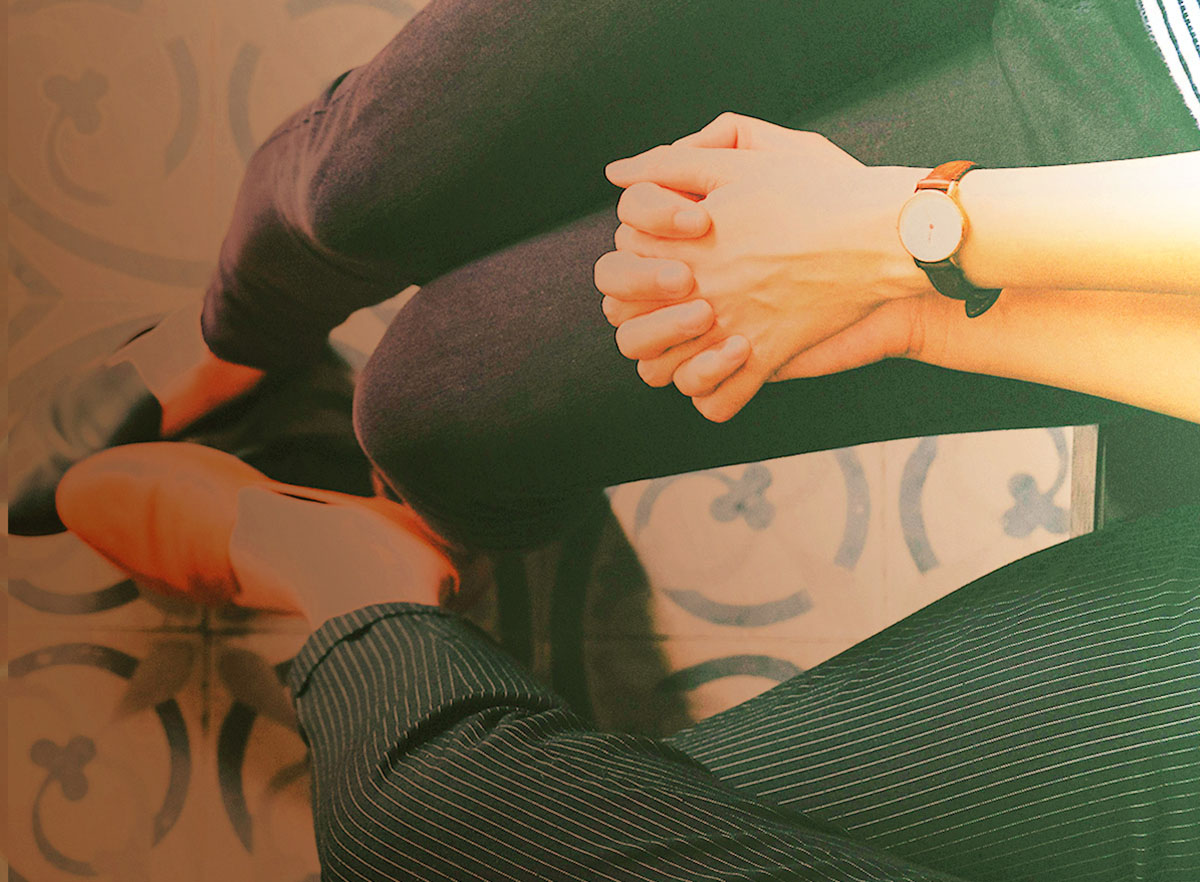Join our community
Receive the TR Together newsletters.


Lectures from the Tavistock Model
Since 1948 Tavistock Relationships has been instrumental in building a rich and effective therapeutic model to support couple relationships. The model is based on the principles of psychoanalytic psychotherapy, and grounded in decades of research, offering a depth approach to working with the couple relationships.
This series of lectures provides a comprehensive exploration of psychoanalytic perspectives on couple relationships as well as an understanding of how to work therapeutically with couples and is suitable for anyone working with couples, interested to start working with couples or simply interested in the complexities inherent in being in a relationship.
The talks include the importance of the interplay of past influences, present dynamics, as well as the future potential in couple relationships, framing the couple as vehicle for creative development throughout the life cycle.
Clinical issues with couples work such as the complex terrain of transference and countertransference and a different way of working considering there are three in the room are discussed.
These lectures collectively offer insights which will enrich your understanding of psychoanalytic approaches to the complexity of couple relationships.
In this talk, Leezah Hertzmann will describe some contemporary developments in psychoanalytic thinking about sexuality from a post-heteronormative standpoint, including an exploration of how heteronormative bias has relegated lived sexual experience to the side-lines. She will explore the role played by conscious and unconscious homophobia, the centrality of internalised homophobia, and the complexity of shame and its après coup nature. Whilst shame is a ubiquitous feeling and may not be relevant for all LGBTQI+ people, Leezah will discuss how there are elements of this struggle within all of us which can have an important bearing on both the analytic and supervisory relationships. Advocating a more flexible encounter in the consulting room whilst maintaining the frame can potentially illuminate an understanding of all sexualities including heterosexuality. Case examples will be discussed and clinical challenges and dilemmas considered.

Leezah Hertzmann is principal couple and individual psychoanalytic psychotherapist at the Tavistock and Portman NHS Foundation Trust and in private practice. Previously, she worked at Tavistock Relationships where she developed the MBT intervention and service for parental conflict.
She has a career-long interest in psychoanalytic theory and technique with LGBTQ+ individuals and couples and is a member of the British Psychoanalytic Council's Advisory Committee on Sexual and Gender Diversity. She has been the recipient of two British Psychoanalytic Council awards: one in 2015 for innovation in relation to developing the MBT evidence-based intervention service at TR for parental conflict, and the second in 2019 with Juliet Newbigin, for Psychoanalysis and Diversity.
Leezah teaches and publishes widely and her most recent publication, authored with Juliet, is entitled Psychoanalysis and Homosexuality: a Contemporary Introduction, published by Routledge.
Psychotherapists
Couple and Family Psychotherapists
Psychoanalysts
Psychologists
Clinical Psychologists
Psychiatrists
GPs
Counsellors
Social workers
Teachers/Educators
Standard Price: £25
Trainee and NHS staff: £20
Group Rates (for 4 or more): Contact makeritafaumui@trtogether.com for customised pricing.
Trainee discount: To qualify for this offer you need to be taking a course which provides core practitioner training in counselling or psychotherapy that is at least 1 year full time or two years part time and recognised by the BACP or UKCP. TR Together reserve the right to ask to see evidence of training being undertaken.
Alumni: If you are a TR Alumni (TRAPC member) please email anitabruz@tavistockrelationships.org for a discount code to add at checkout
Your CPD Certificate will be available to download from your TR Together account 48 hours after purchase.